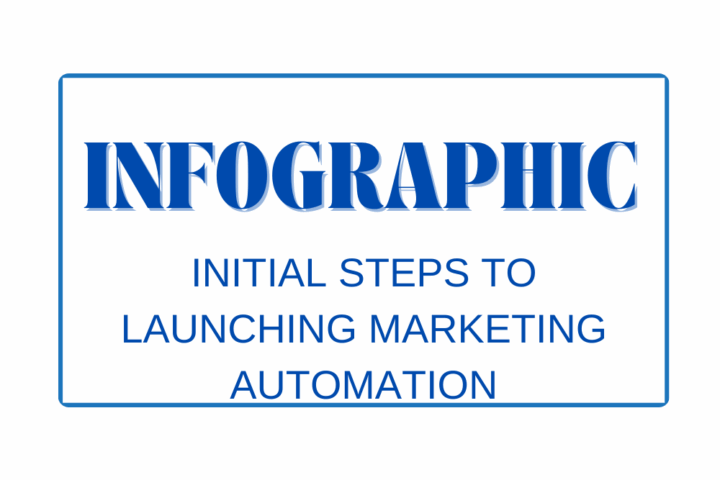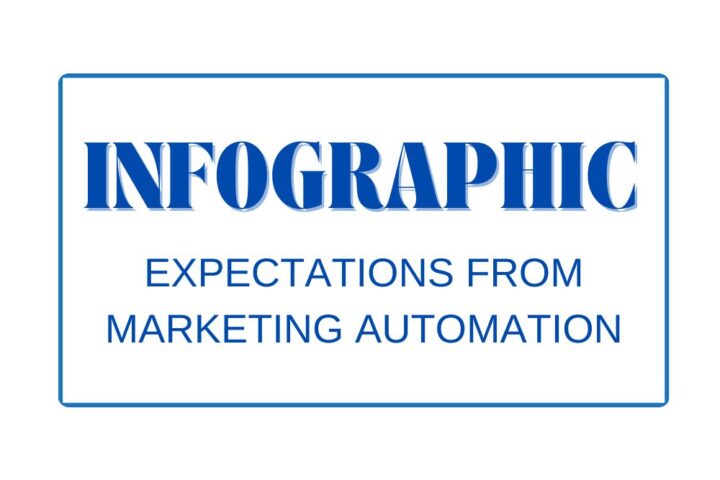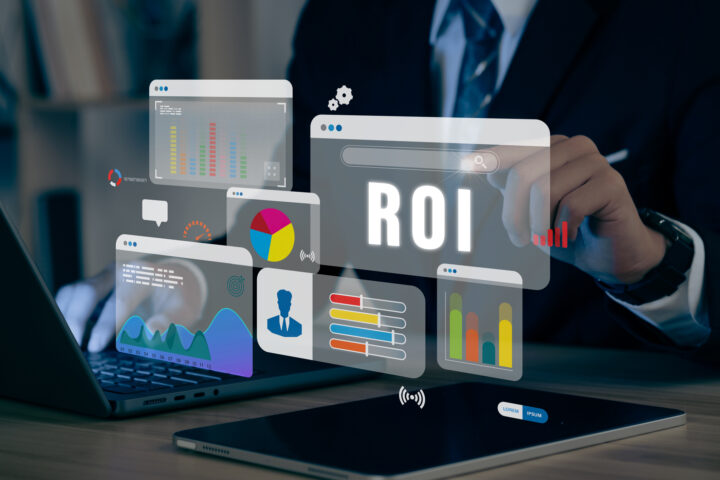Marketing Automation Strategies for Manufacturers
Part 2: What is B2B Marketing Automation?
B2B Marketing Automation refers to the use of technology to automate and streamline marketing processes, enabling businesses to reach their target audience more efficiently. But it’s more than just a set of tools; it’s a strategy that involves understanding your audience, tailoring your messages, and nurturing leads through tailored content until they are ready to make a purchase. Let’s take a deeper dive into what Business to Business (B2B) marketing automation encompasses and how it’s revolutionizing the way manufacturers and distributors engage with their clients and prospects.
In today’s fast-paced world, where digital transformation is constantly reshaping business landscapes, staying ahead requires not just keeping pace but anticipating changes and adapting strategies accordingly. This is especially true for B2B manufacturers and distributors, who are always on the lookout for effective ways to optimize their sales funnel, streamline their marketing efforts, and ultimately drive growth. Enter the realm of a dynamic and innovative approach that has become a game-changer for businesses worldwide.
The Essence of B2B Marketing Automation
At its core, it is about using software to automate repetitive marketing tasks. This includes email marketing, social media posting, lead generation, and much more. However, to view it merely as a time-saving tool would be an oversimplification. The true power of these automation tools lies in its ability to collect data, analyze it, and use those insights to deliver personalized marketing experiences to potential and existing customers.
Why is Marketing Automation for B2B is a Game-Changer?
Imagine being able to send out personalized emails to thousands of leads, track their interaction with your content, score them based on their engagement level, and then follow up with more personalized content, all without lifting a finger. This is the level of efficiency marketing automation for B2B can bring to your business. It’s about sending the right message, to the right person, at the right time, automatically.
For B2B manufacturers and distributors, this approach can transform how you engage with your clientele. It enables you to nurture leads through every step of the buyer’s journey with precision and care, leading to higher conversion rates and more effective sales processes.
Key Components of B2B Marketing Automation
Lead Nurturing and Scoring
One of the stand-out features is the ability to nurture leads effectively. By tracking user interactions, such as website visits, email opens, and content downloads, automation software helps you score leads based on their engagement level. This means you can prioritize leads that are more likely to convert and tailor your follow-up strategies accordingly.
Email Marketing Automation
Email remains one of the most powerful tools in a marketer’s arsenal, and with good reason. These tools and platforms take email marketing to new heights by allowing for intricate sequences of personalized emails based on actions taken by the recipient, ensuring that your communication is always relevant and timely.
Social Media Management
In an era where social media is a critical part of the marketing mix, automation tools allow for the scheduling and analysis of social media content across platforms. This ensures a consistent presence online, helping you stay top of mind with your target audience.
Analytics and Reporting
Finally, many of these platforms offer comprehensive analytics and reporting features. By understanding which tactics are working (and which aren’t), you can continuously refine your strategy, ensuring your marketing efforts are always aligned with your business objectives.
Implementing Automation with B2B Marketing Automation Software
Implementing the strategies and tools for marketing automation begins with understanding your audience and defining clear objectives. Knowing what you want to achieve – be it increased leads, higher conversion rates, or improved customer retention – will guide your choice of platform and the strategies you implement.
Once up and running, it’s crucial to continuously monitor and tweak your automation strategies based on performance data. Remember, technology is there to assist, but a successful B2B Marketing Automation strategy is driven by insightful decision-making and a deep understanding of your target market.
Conclusion
B2B Marketing Automation represents a strategic evolution in how businesses approach marketing. For B2B manufacturers and distributors, it offers a path to more efficient, effective, and personalized marketing. At WSI, we’ve seen firsthand how the right automation strategies can redefine marketing success for our clients.
Embracing B2B Marketing Automation is not just about keeping up with the times; it’s about setting your business up for sustainable growth in an increasingly competitive and digital world. As you continue to explore the possibilities, remember that the goal of automation is not to replace the human element but to enhance it, enabling you to create more meaningful connections with your customers and drive your business forward.
When you partner with WSI, you’re not just hiring a local marketing agency; you’re gaining access to a global reservoir of digital marketing wisdom. We believe that our significant brand differentiator—our global network—is your competitive advantage. It allows us to craft strategies that are both internationally informed and locally nuanced, delivering a service that is as agile and adaptable as the ever-changing digital landscape. With WSI, your digital strategy benefits from a collective experience that extends far beyond geographical boundaries. As a marketing automation implementation agency, we are here to help you strategize, plan and implement B2B marketing automation for your business.




